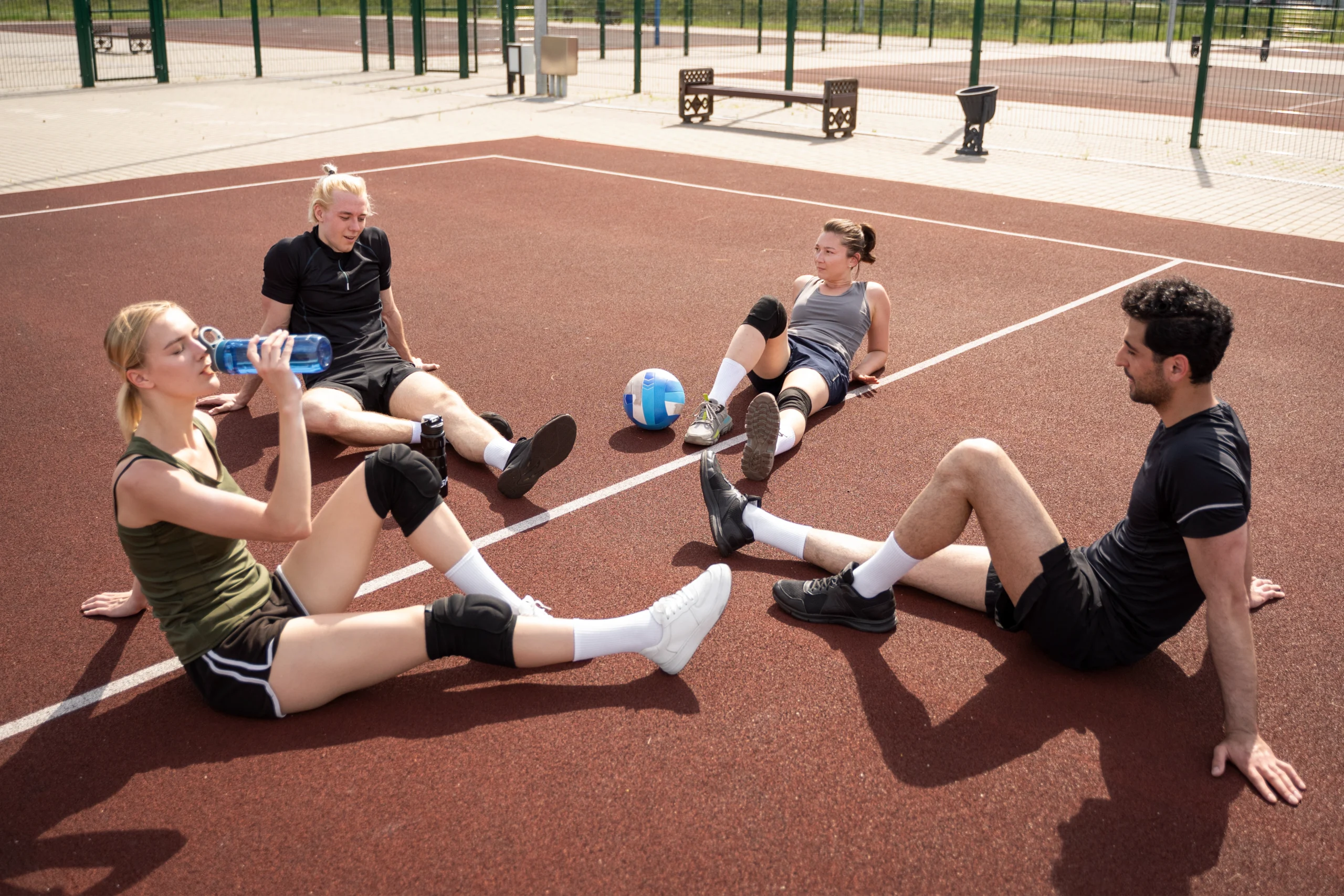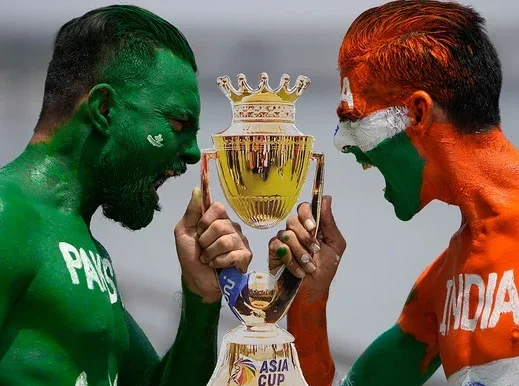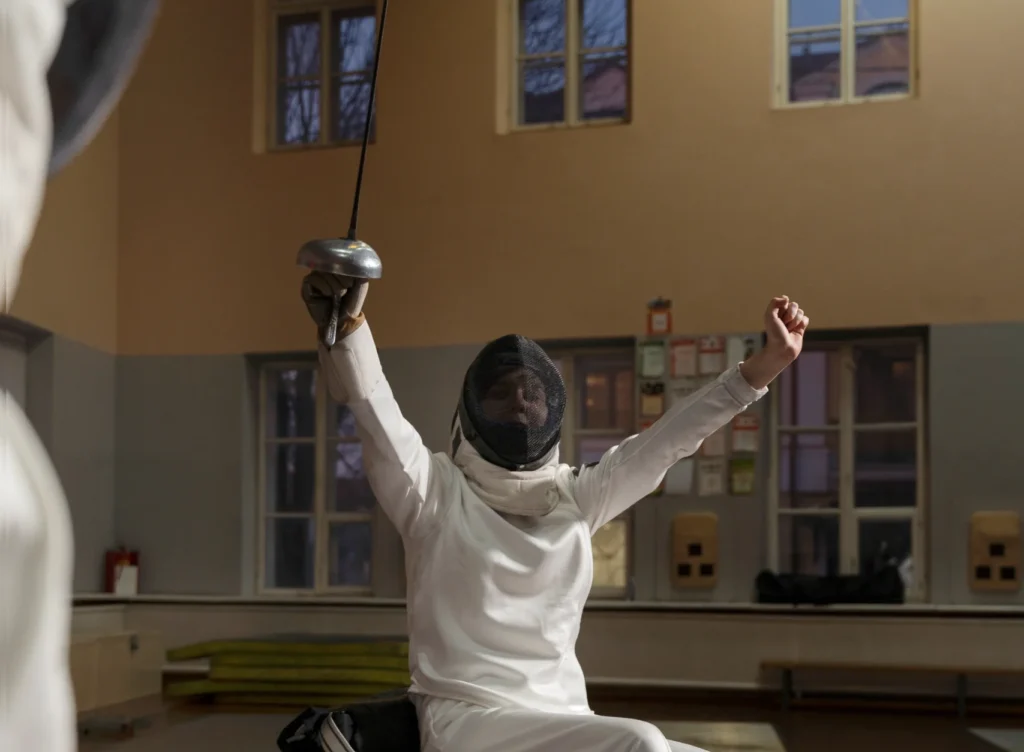How Phygital Sports Are Redefining Fitness in the UAE
By Hafsa Qadeer
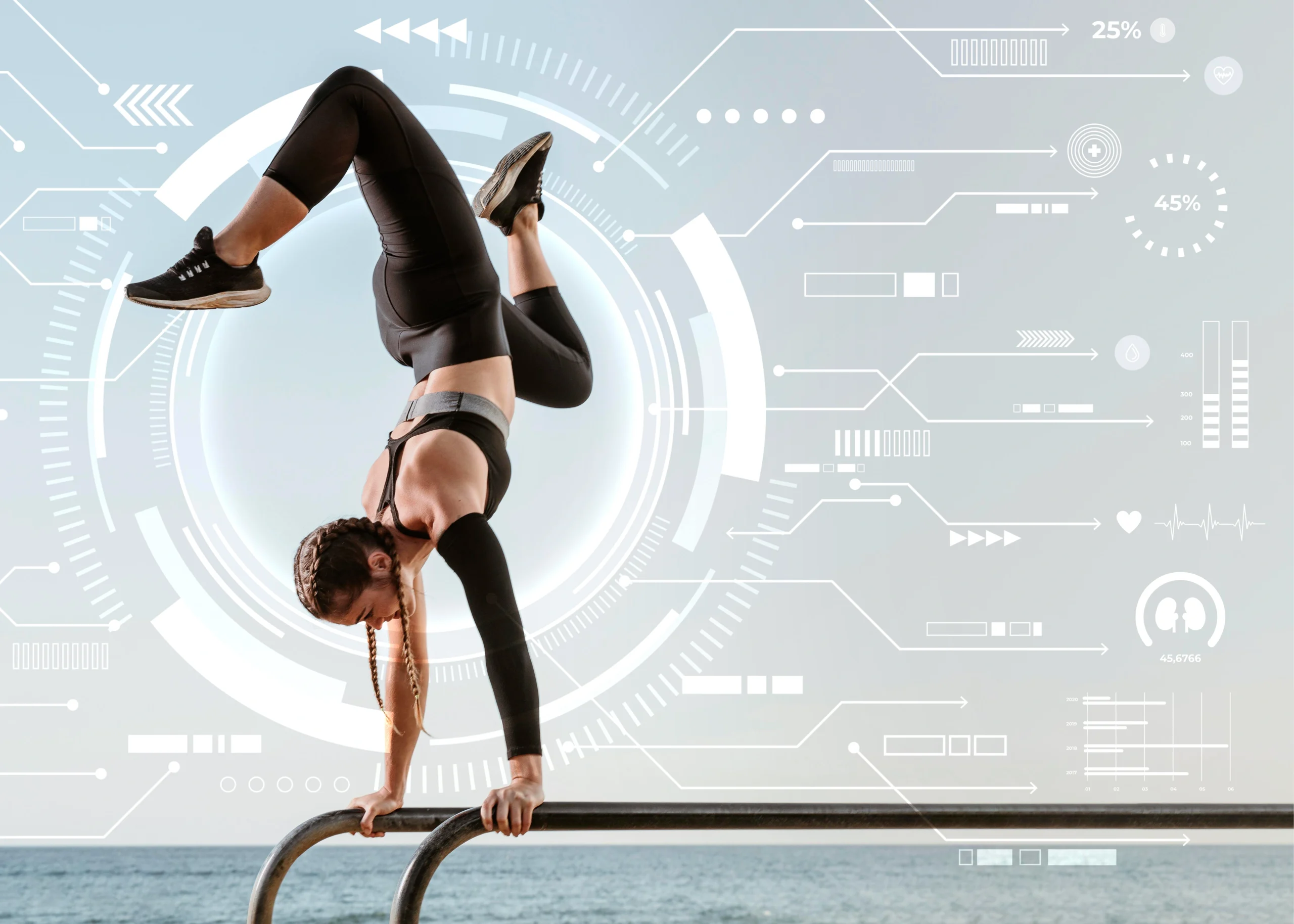

A quiet revolution is unfolding in the Emirates, where digital dreams merge with the desert’s heat. In this land of mile‑high ambition and boundless desert horizons, a new form of sport is taking root, one that exists both on dusty courts and in virtual arenas. This is the age of phygital sports, where physical exertion fuses with augmented reality, biometric data, and immersive digital overlays. And here, in the UAE, it is finding its spiritual home.
Cities Programmed to Play
Walk through any modern complex in Dubai or Abu Dhabi, and you’ll find more than fitness studios and luxury gyms. You’ll encounter arena-like pods, glowing with LED, where participants race treadmills while chasing virtual targets on screens; arenas where sensors track every squat, every jump, every heartbeat. Yet the purpose is not spectacle, it’s synergy: blending breath with bandwidth.
Projects like Dubai’s “Games of the Future” incubator have seeded arenas where physical activity becomes a shared digital game. When two runners compete, their avatars dash side by side in virtual cityscapes. When squats are repurposed into spell-casting movements, both muscles and minds flex. It’s sport that entertains and sustains.
Beyond Competition
Phygital sports are rewriting what it means to train, compete, and be entertained. Youth no longer have to choose between gaming marathons and parkour; they can do both in the same session. Fitness transforms into community theatre: participants follow live leaderboards projected on walls, forming micro-teams across nationalities united by data-driven goals.
This inclusive approach matches the UAE’s broader ethos: excellence through unity. Whether in VR-enhanced parks or sensor-laced gyms, athletes, both professional and amateur, are discovering that connection fuels their performance. It’s never just about the fastest time or the heaviest lift. It’s about collective presence.
Coaching Reimagined
The rise of phygital sport has called for a new kind of coach: part physical trainer, part data analyst, part digital producer. Many local academies now train coaches to read heart-rate graphs and adjust music tempo in real-time. In Abu Dhabi, performance suites allow athletes to review VR replays of their posture or virtual ‘lines’. Clean technique isn’t just praised; it’s analyzed.
Here, the body is an instrument. The digital twin is a teacher. Performance becomes poetry.
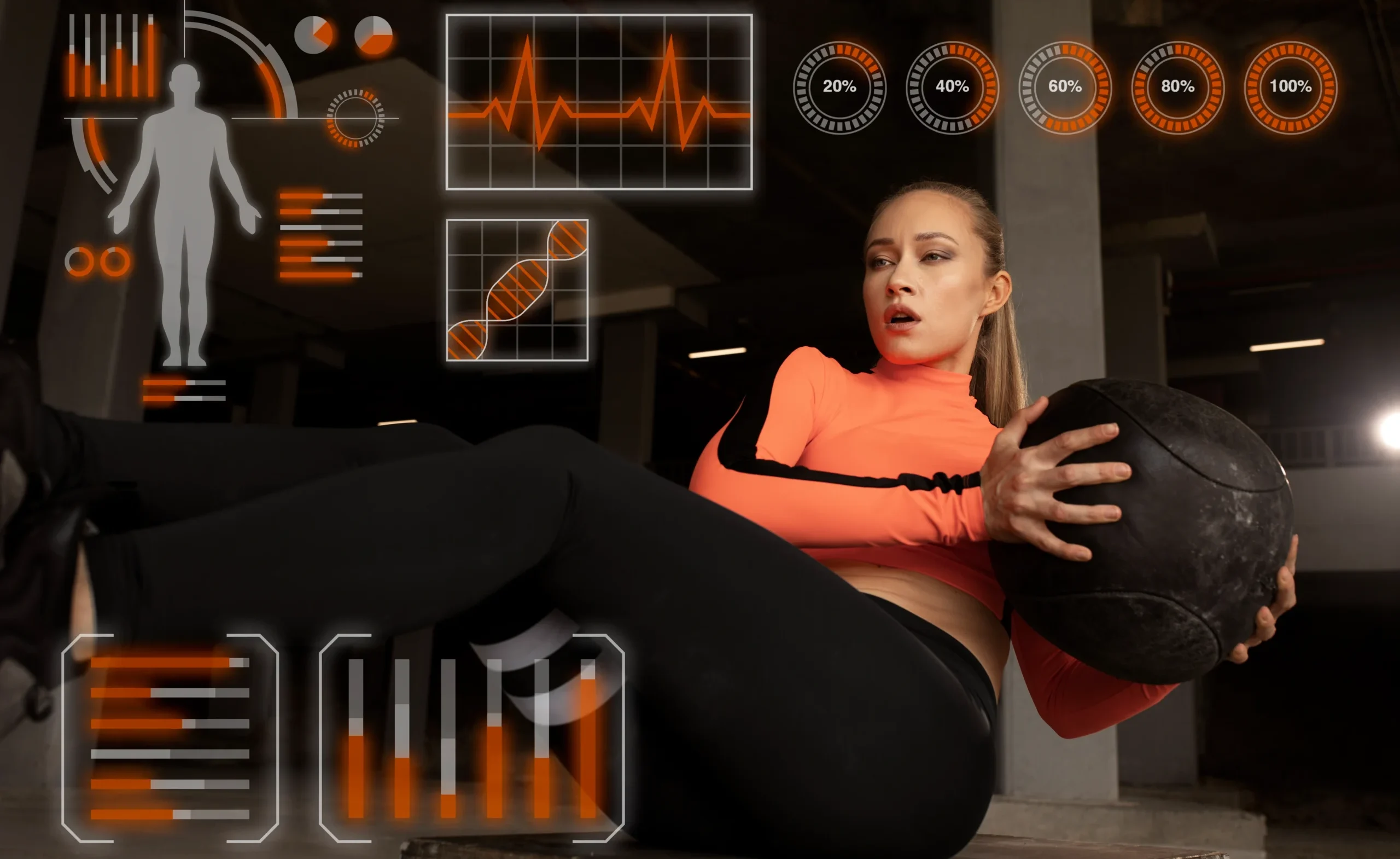

Fitness, Remixed
Phygital sports offer something more than novelty; they provide democratic access, immediacy, and adaptability. A mother can join a VR yoga session in her living room, a teenager can match pace with a pro athlete’s avatar, and a retiree can feel trophy-worthy without leaving home.
This is not gamification. This is humanization.
A Vision Carved in Data
At its heart, the UAE’s embrace of phygital is rooted in a long-term strategy. It aligns with national goals for youth engagement, digital health, and innovation, supporting public wellness agendas and extending fitness beyond malls and mountains into new frontiers.
And within those frontiers, sport becomes more than movement. It becomes a reflection of society’s future‑focused identity. The heartbeat of the city remixes with the processor’s pulse.
In the Emirates, sport now has two faces. One pumps blood. The other cycle’s code. Yet both beat to the same rhythm: of belonging, of breakthrough, of becoming.
